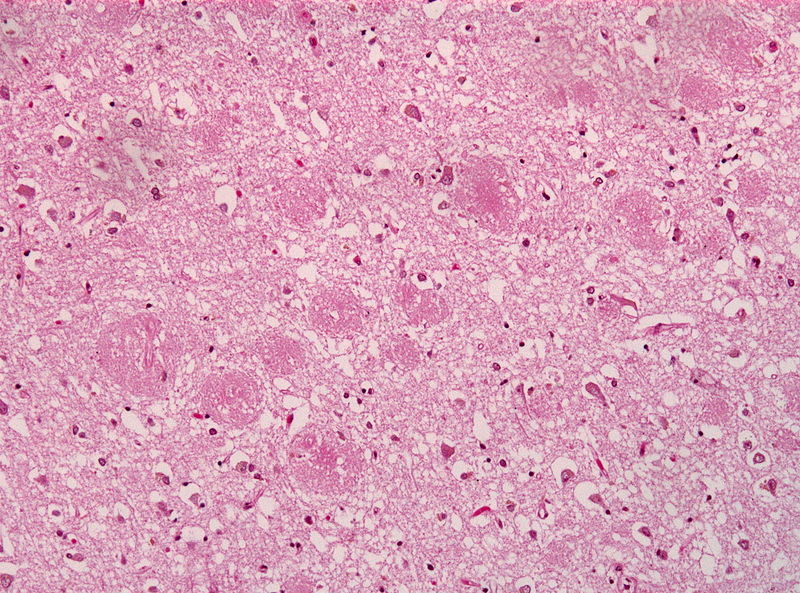The immune system may protect against Alzheimer’s changes in humans
May 29, 2012
Recent work in mice suggested that the immune system is involved in removing beta-amyloid, the main Alzheimer’s-causing substance in the brain. Researchers have now shown for the first time that this may apply in humans.
Researchers at the Peninsula College of Medicine and Dentistry, University of Exeter with colleagues in the National Institute on Aging in the USA and in Italy screened the expression levels of thousands of genes in blood samples from nearly 700 people.
A gene called CCR2, the telltale marker of immune system activity against beta-amyloid, emerged as the top marker associated with memory in people.
The team used a common clinical measure called the Mini Mental State Examination to measure memory and other cognitive functions.
The previous work in mice showed that augmenting the CCR2-activated part of the immune system in the bloodstream resulted in improved memory and functioning in mice susceptible to Alzheimer’s disease.
Professor David Melzer, who led the work, commented: “This is a very exciting result. It may be that CCR2-associated immunity could be strengthened in humans to slow Alzheimer’s disease, but much more work will be needed to ensure that this approach is safe and effective”.
Alzheimer’s disease is the most common form of dementia and affects around 496,000 people in the UK.
Lorna W. Harries et al., Leukocyte CCR2 Expression Is Associated with Mini-Mental State Examination Score in Older Adults, Rejuvenation Research, 2012, DOI: 10.1089/rej.2011.1302
